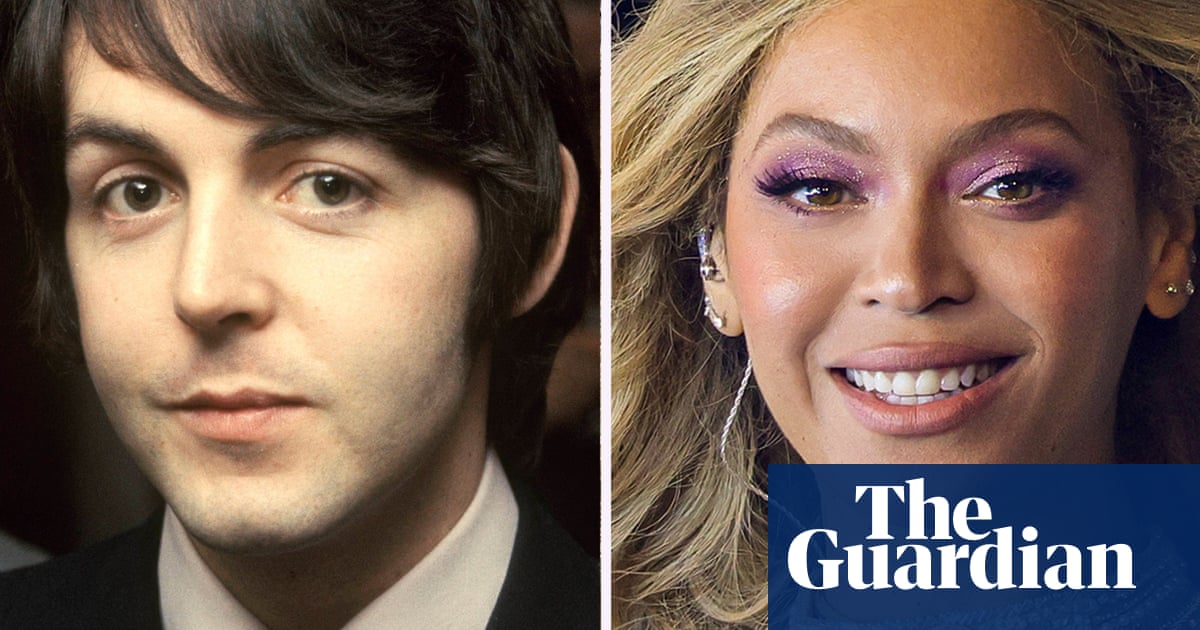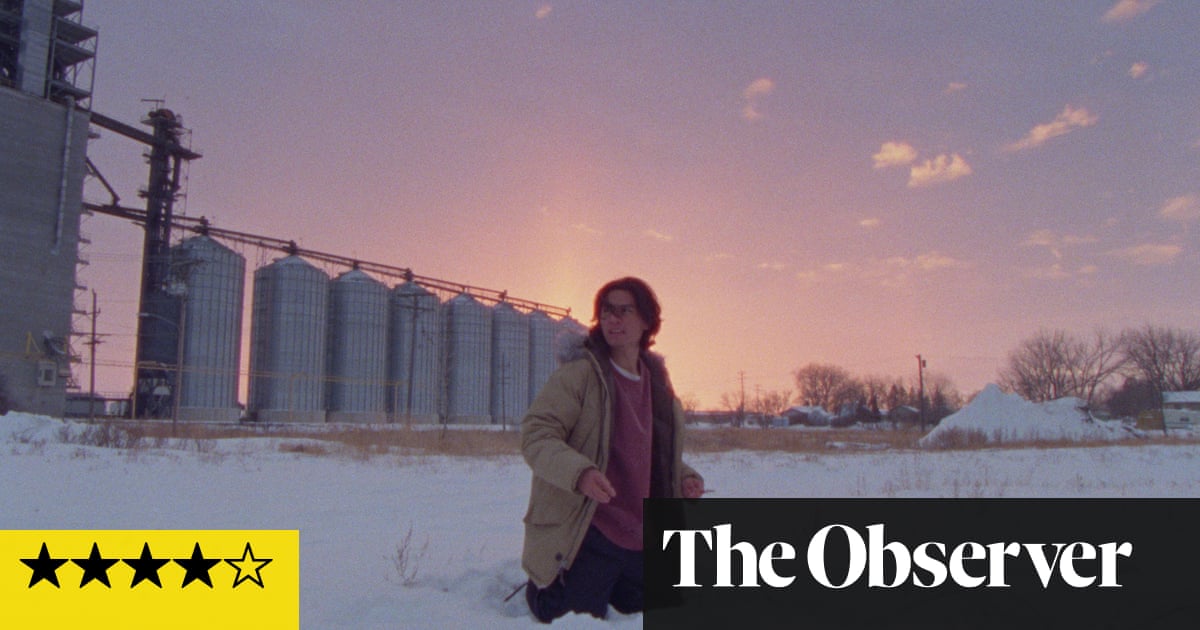
Written by Paul McCartney for the Beatles’ 1968 double album The Beatles (AKA “the White Album”) Blackbird isn’t the most obvious song to turn up 55 years later (retitled Blackbiird) on the new Beyoncé album. However, it makes perfect sense for the superstar to cover it on her so-called “country album”, Cowboy Carter. Where casual listeners could be forgiven for thinking Blackbird is a song about a small winged visitor to the garden – the Fab Four’s delicately lovely original does, after all, begin “blackbird singing in the dead of night …” and include birdsong – the song is actually steeped in the civil rights movement and female emancipation, themes that resonate deeply with Beyoncé.
McCartney penned it as a tribute to the Little Rock Nine, a group of students who had faced racial discrimination after starting at the all-white Little Rock high school in 1957. The incident attracted national attention because it was a test case of Brown v Board of Education, a supreme court ruling that said segregation in such schools was unconstitutional. Arkanas governor Orval Faubus didn’t agree and sent in the national guard to stop the students entering the premises. However, after federal troops were then brought in to escort them in, the fledgling civil rights movement had nine early heroes and the attention of the world – including McCartney.
The song itself originated in the Beatles’ much mythologised trip to Rishikesh, India, where they were studying transcendental meditation. McCartney has described how one morning he was inspired by the call of a blackbird. Later, back home in the kitchen of his farm in Scotland, he took up an acoustic guitar and allowed the idea to develop using the chord progressions of Bach’s Bourrée in E Minor, which he and George Harrison had learned to play in childhood.
“I’d heard about the civil rights troubles that were happening in the 60s, in Alabama, Mississippi, Little Rock, in particular,” he told GQ magazine in 2018. “I just thought it’d be really good if I could write something that if it ever reached any of the people going through those problems, it might give ’em a little bit of hope. So, I wrote Blackbird.”
Written just weeks after the assassination of Martin Luther King, the lyrics, especially the opening lines, are steeped in metaphor and symbolism. McCartney went on to tell GQ how “in England, a bird is a girl [or was in 1960s slang], so I was thinking of a Black girl going through this – you know, now is your time to arise, set yourself free, and take these broken wings”. There’s perhaps an equally oblique – if not exactly hidden – reference to the Little Rock students themselves in the line “all your life, you were only waiting for this moment to be free”. (Shortly before John Lennon was assassinated in 1980, he claimed to have contributed one “important” line to the song, although took the identity of the line to his grave.)
The finished recording – which features McCartney, his guitar and tapping foot, along with blackbird sounds from an effects tape – took the Beatle 32 takes before he was happy with it. Years later, in 2016, McCartney played Little Rock and met Thelma Mothershed-Wair and Elizabeth Eckford, two of the original students, and tweeted that it was: “Incredible to meet two of the Little Rock Nine – pioneers of the civil rights movement and inspiration for Blackbird.”
Beyoncé is by no means the first artist to cover Blackbird. The likes of Billy Preston, Sarah McLachlan, Crosby, Stills & Nash, the Dandy Warhols and even Dave Grohl have all had a go. But her version has a deep resonance: a spiritual interpretation with subtle strings, it pointedly features the Black American country stars Brittney Spencer, Tanner Adell, Tiera Kennedy and Reyna Roberts – musicians who have struggled to gain a foothold in the notoriously gate-kept Nashville establishment in which women and Black artists are often marginalised. By introducing the song and its historic meaning to her vast, largely youthful audience, Beyoncé has given this timeless, but always timely, gem a new moment to arise.












